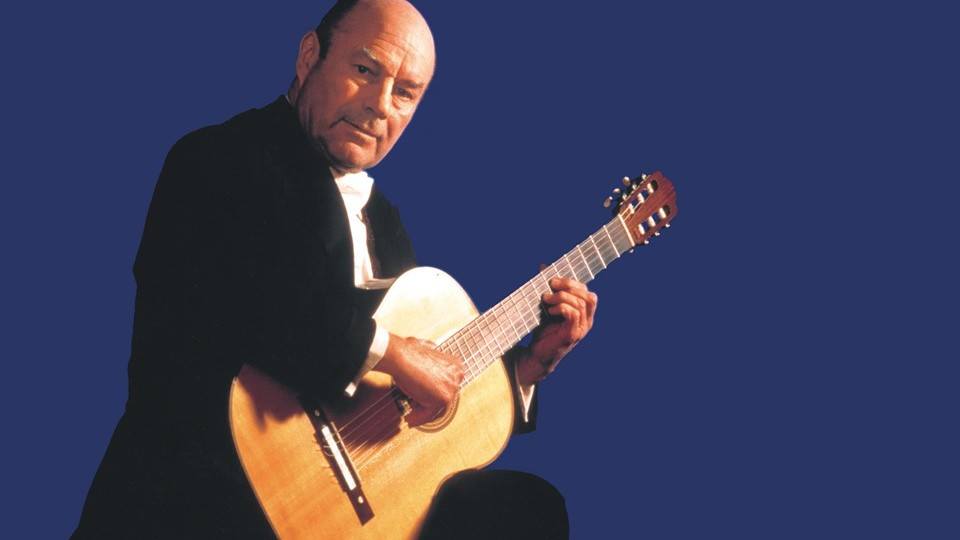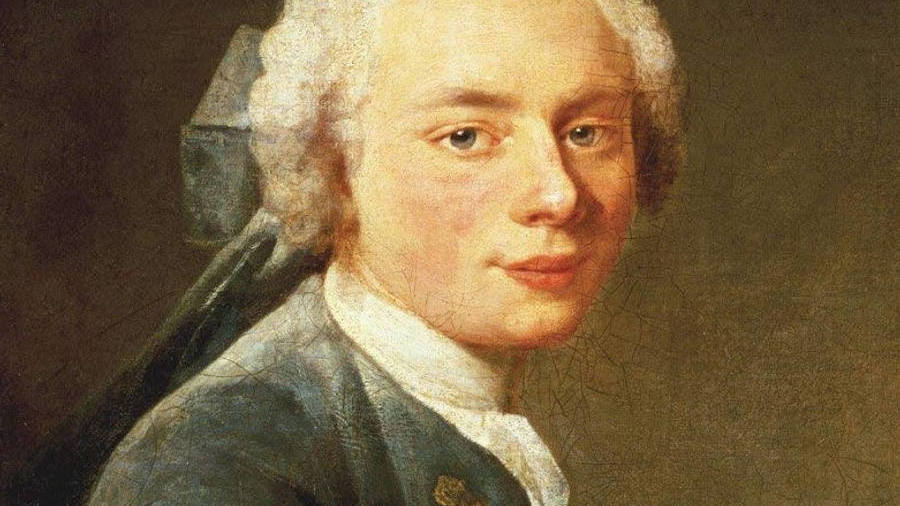Enescu’s Piano Quintet in A Minor, The Schubert Ensemble
George Enescu (1881-1955) is remembered as one of the twentieth century’s greatest violinists, and as the composer of the exhilarating, Gypsy-tinged Romanian Rhapsodies. Yet, a closer look at Enescu the composer reveals deep and substantive works that, strangely, remain hidden treasures. During Enescu’s lifetime, these pieces were overshadowed by the popularity and flash of the Rhapsodies. Later, they seem to have been lost in the shuffle as twentieth century music moved onward into …







